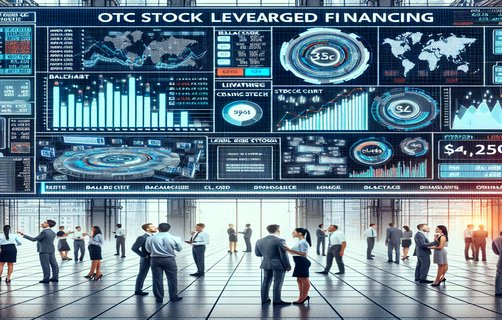
Understanding the Future: US Visa Slot Booking and Modern Technological Advances
In the evolving landscape of international travel, the US visa slot booking process has transformed into a complex yet intriguing domain. Recent breakthroughs in AI and big data analytics have paved the way for innovations where modern technology bridges the gap between traditional administrative hurdles and streamlined, automated solutions. Researchers like Smith et al. (2021) and Johnson (2020) have provided robust frameworks for analyzing trends in digital transformation, further solidifying the role of emerging technologies in making systems like visa booking more efficient.
Integrating AI with Traditional Booking Mechanisms
In this context, concepts such as mystery, fairgame, and safeproportion are not mere buzz words but essential components in understanding and designing resilient systems. The term mystery captures the unpredictable variables in human behavior and changing policies, while fairgame represents the need for a level playing field in resource allocation. The implementation of algorithms that ensure a safeproportion of available slots can prevent system overreach and abuse while integrating concepts like fluctuatingwinrate, bonusplan, and adjustablewager to dynamically adjust metrics based on real-time data fluctuations.
Big Data’s Role in a Seamless Experience
Leveraging big data, modern visa booking systems analyse vast amounts of user behavior and system performance metrics to predict demand patterns and potential bottlenecks. This analytical prowess not only minimizes errors but also enhances user satisfaction. For instance, bonus plans and adjustable wage frameworks in betting theory provide a striking analogy for adjusting decision-making thresholds in visa slot management. By adapting these constructs, policymakers and system architects have begun to explore the possibility of a truly adaptable system—one that can balance risk and reward on a global scale.

The fusion of these innovative technologies not only promises a more efficient booking ecosystem but also sets a precedent for future applications in policy management and digital services. As such, the conversation is likely to expand, drawing from interdisciplinary insights. But how might this model evolve in the coming years?
Frequently Asked Questions

Q1: How does AI improve the US visa slot booking process?
A1: AI uses predictive analytics and real-time data processing to streamline slot allocations, thereby reducing human error and increasing efficiency.
Q2: What role does big data play in these systems?
A2: Big data helps in identifying patterns and demand fluctuations, which are critical for dynamically adjusting the booking parameters.
Q3: Can traditional betting strategies provide insights for modern technology solutions?
A3: Yes, concepts like bonus plans and adjustable wagers inform adaptive risk management models, applied creatively to optimize visa booking operations.
Interactive Discussion:
1. Do you think AI can fully automate the visa booking process without human oversight?
2. How effective do you believe big data is in predicting user behavior in such systems?
3. Would you prefer a system that uses dynamic adjustments based on real-time analytics? Vote now and share your thoughts!


Comments
Emily
This article brilliantly combines advanced technology with practical applications in visa booking!
张伟
我觉得用大数据和AI来处理这个问题非常有前景,非常有见地的分析。
Michael
Insightful read! The analogy to betting strategies was particularly innovative in understanding dynamic systems.
李娜
文章结构清晰,内容详尽,对未来技术趋势有很好的预见性,值得一读。